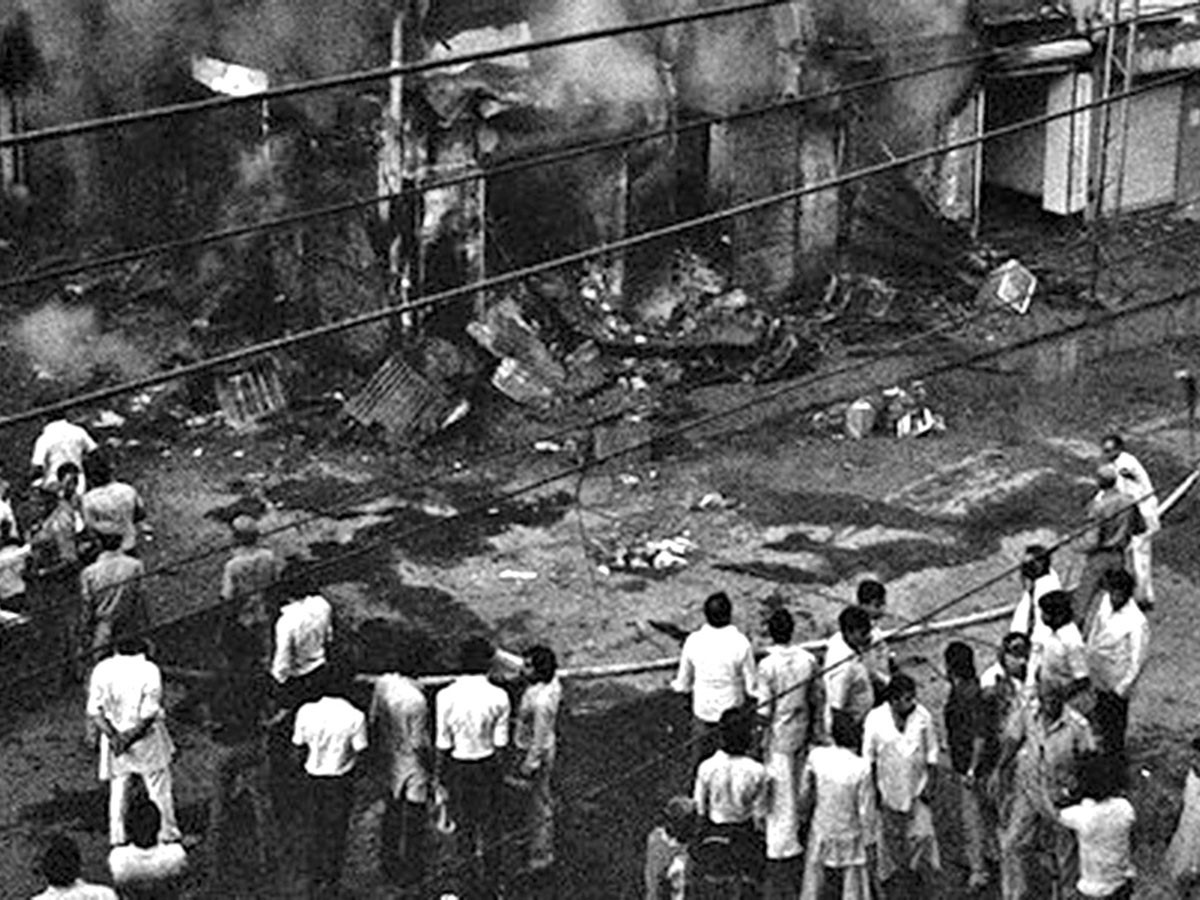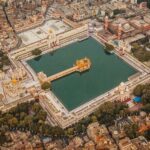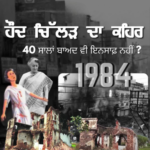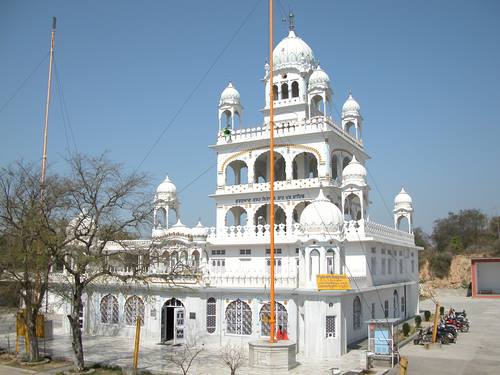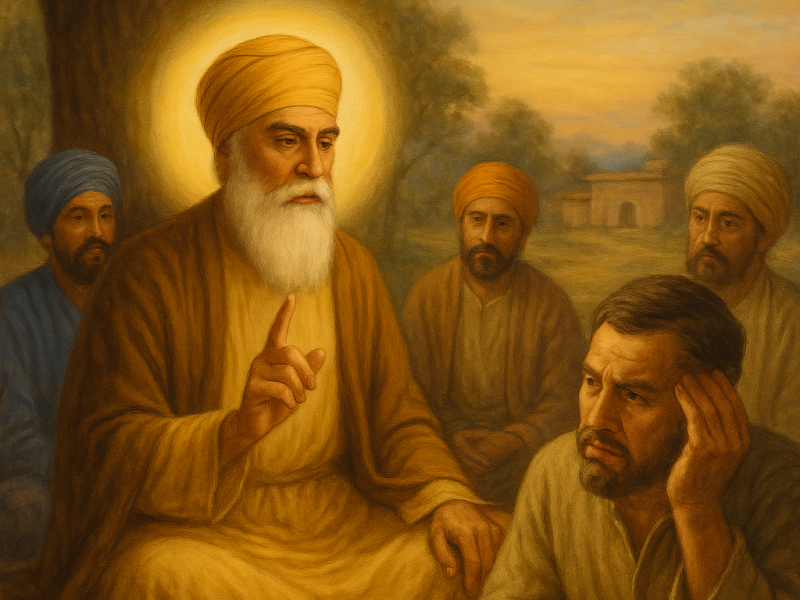Harchand Singh Longowal, then-president of the Sikh political group Akali Dal, encouraged militant spiritual leader Jarnail Singh Bhindranwale to take up residence inside the Golden Temple complex in Amritsar to avoid arrest in July 1983. Later, Bhindranwale turned the hallowed complex into a Khalistani militant armory and headquarters.
In the months running up to Indira’s order for ‘Operation Blue Star,’ rebels backed by Bhindranwale killed 165 Hindus in India.
Between June 1 and 8, 1984, Operation Blue Star was conducted out to flush out Bhindranwale and other armed terrorists from the Golden Temple compound. Bhindranwale was killed in the operation, and the militants were driven out of Golden Temple. Sikhs throughout the world condemned the military action, which they saw as an attack on Sikhism. Property belonging to Sikhs was methodically identified and destroyed.
Indira was murdered by her two bodyguards four months after the procedure.
Shortly after the death of Indira Gandhi, the former prime minister, by her Sikh security officers on October 31, 1984, large-scale riots erupted in Delhi. Mobs harassed Sikhs and set fire to their houses, purportedly with the support of some congress Politicians. In Delhi only, about 3,000 Sikhs were slaughtered.
The criminals were armed with iron rods, knives, clubs, and flammable materials such as gasoline and diesel. They ruthlessly invaded Sikh villages and slaughtered Sikhs. The militant separatist Khalistan movement, which desired freedom from India, continued to cause bloodshed in Punjab throughout the 1980s.
Rebel forces attacked Sikhs in Delhi, attacking their homes and businesses. Armed gangs were sighted on Delhi streets on November 1, vandalizing gurudwaras and murdering unarmed Sikhs.
Trilokpuri, Shahdara, Mongolpuri, Sultanpur, Nand Nagri, and Geeta Colony were among the hardest damaged regions. According to reports, almost 20,000 people fled Delhi and over a thousand people were left homeless. Sikhs were also assaulted in Himachal Pradesh, Haryana, Rajasthan, Madhya Pradesh, and Uttar Pradesh. Former Union Minister HKL Bhagat, Congress leaders Jagdish Tytler and Congress MPs Sajjan Kumar, Lalit Makan, and Dharam Das Shastri were among those charged with inciting mobs in the disturbances.
A Delhi court found that Kumar wasn’t just “a member of the mob but also controlled it” during the brutal killing of Sikhs in the Saraswati Vihar neighborhood, according to an order issued on December 3 and made public on Monday.
The close relatives of the victims – Jaswant Singh and Tarun Deep Singh – said that on November 1, 1984, a crowd headed by Kumar burned the two men alive. They further claimed Kumar “instigated and aided the riotous mob” who set fire to their home.
Session Extensions Judge MK Nagpal stated that his opinion of Kumar’s involvement “is significantly stronger, and the charges, together with the evidence, give rise to grave concern.” Kumar was also accused of looting, arson, disorderly conduct, attempted culpable homicide, dacoity, voluntarily causing harm, and creating havoc, according to the judge.
The group did not have a unified desire to kill the deceased, according to the judge, because some of the individuals had kidnapped or dragged ladies to a nearby house to spare them from becoming slain by the mob. The counts of culpable homicide that did not constitute murder were added by the court.
On September 9, 1985, the police submitted the first information report in the investigation. The investigation was closed in 1994 after the court determined that the evidence gathered was insufficient to bring charges against anyone. The case was reopened in 2015 by a three-member Special Investigation Team (SIT) formed by the central government to fully investigate the instances of the 1984 anti-Sikh riots.
The SIT was constituted, and the panel re-examined 293 cases that the Delhi police had closed. The team issued closure reports in 233 of the 293 cases, alleging a lack of evidence. The team filed reports in 52 situations where the victims of the accused could not be located and began an investigation in eight cases. The police submitted a charge sheet in 5 of the 8 incidents, and Kumar was identified as an accused in three of them.
Sajjan Kumar’s earlier conviction in one of the cases was overturned by the Delhi high court on December 17, 2018, and he was found guilty of murder, rioting, and instigating a mob.
Kumar is already receiving a life sentence for his role in another anti-Sikh rioting case. The Delhi High Court found him guilty of killing, inciting hatred between groups, and disgracing public land in December 2018.
